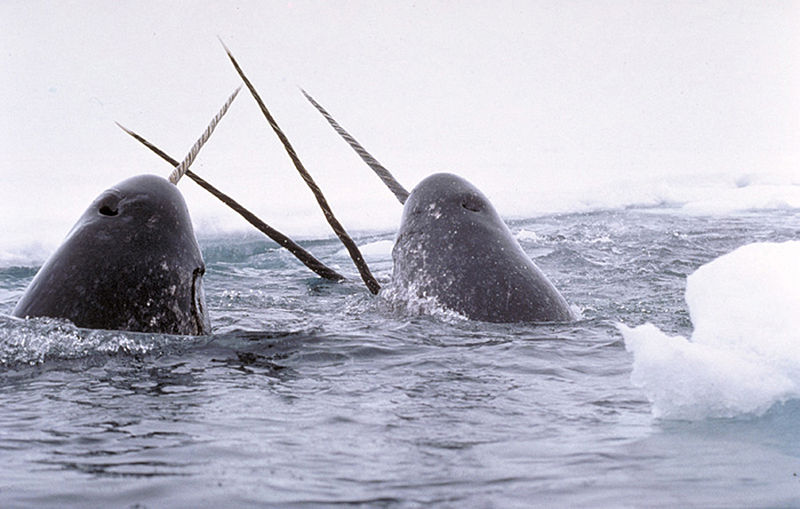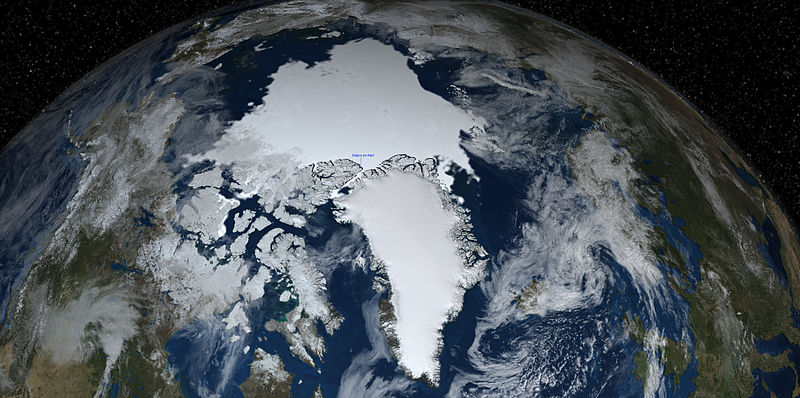Podcast: Play in new window
BOB HIRSHON (host):
Fossil fuels and feeding whales. I’m Bob Hirshon and this is Science Update.

With more of the Arctic becoming ice-free each summer, oil companies are racing to extract previously unreachable petroleum under the ocean floor. To find it, they tow rows of airguns behind ships, sending booming sound pulses downward—sort of like thumping a melon. But the sound pulses can harm sealife—especially whales. In the journal Aquatic Mammals, Duke University marine scientist Douglas Nowacek and his colleagues have just published recommendations on how to monitor and mitigate the impacts.
DOUGLAS NOWACEK (Duke University):
One of the things we discuss in this paper is the need to watch these populations over the long term, are we pushing them toward extinction or are they perfectly healthy?
HIRSHON:
While many of the practices recommended in the study are not now required by law, the authors ask oil companies to implement them nonetheless, especially in these vulnerable, newly accessible environments. I’m Bob Hirshon, for AAAS, the science society.

